Peanut allergies are on the rise. Especially children are affected.
Peanuts are one of the most common allergenic foods which can cause a life-threatening anaphylaxis.
About one in 50 children are affected by a peanut allergy almost exclusively in the high-income countries, like America and the UK.
An allergic response to peanuts usually occurs within minutes after exposure: From just having a running nose to the constriction of airways over to a state of shock with a severe drop in blood pressure.
According to a study in Food Allergy Research and Education, the number of children in America with peanut allergies has more than tripled between 1997 and 2008.
Since this report, some schools have banned peanut products from their campuses.
Studies in the UK also show a high prevalence of school-age children.
Peanut allergies usually last lifelong and people with them are often allergic to tree nuts, too. Based on recent studies, an estimated 25-40 % of people who have a peanut allergy also are allergic to tree nuts.
(Sicherer SH, Munoz-Furlong A, Sampson HA. Prevalence of peanut and tree nut allergy in the United States determined by means of a random digit dial telephone survey: a 5-year follow-up study. J Allergy Clin Immunol 2003; 112(6):1203-7.)
Because peanuts and tree nuts tend to come into contact during manufacturing and serving, people with peanut allergies are advised to avoid clear of tree nuts as well.
What to do?
If you know you are allergic to peanuts the standard advice is to avoid them.
Easier said than done:
If you accidentally eat a peanut and are experiencing a mild reaction western medicine recommends to take an antihistamine, such as diphenhydramine hydrochloride (Benadryl), to reduce your symptoms. Mild symptoms include sneezing or an itchy or a runny nose; an itchy mouth; a few hives or mild itching; and mild nausea or stomach discomfort.
If you react severely to peanuts your doctor has probably prescribed a medicine called epinephrine. This medication comes usually in form of an EpiPen.
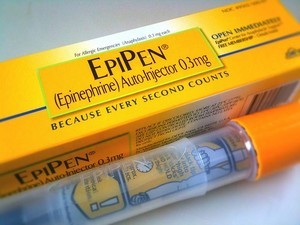
An EpiPen is an injection containing epinephrine, a chemical that narrows blood vessels and opens airways in the lungs.
This can reverse severe low blood pressure, swelling of the throat that makes it difficult to breathe and other sign of anaphylaxis.
Peanut allergy relief – My top 3 strategies to improve your symptoms
Yes! Let’s dive into “Peanut Allergy Relief – My Top 3 Strategies”, shall we?
Like with every other allergic reaction what you need most is patience and complete avoidance of the allergen. Then taking care of your gut health is the first step to start healing your allergies.
Find and watch more allergy support here:
🎧 Playlist – Allergies & Food Intolerances 🎧 goo.gl/HK7VVT
1. Improving your gut bacteria with PROBIOTICS
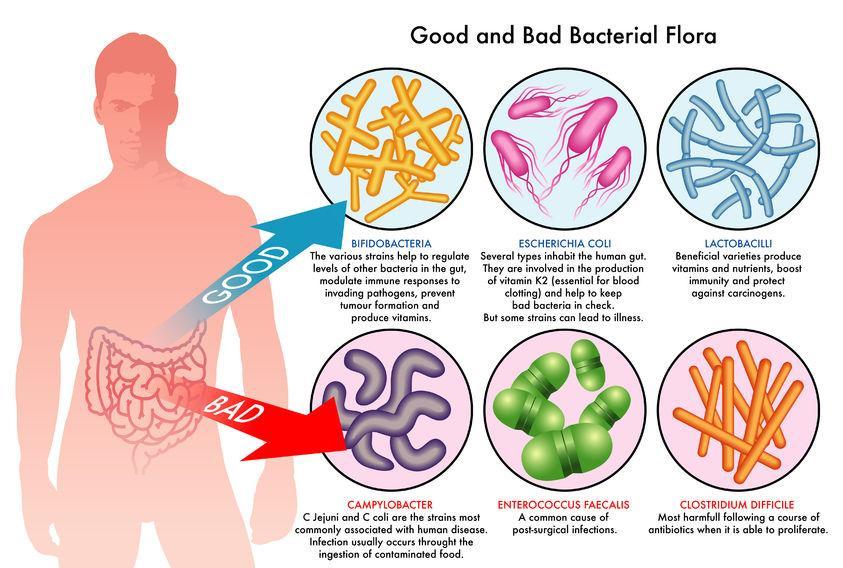
🌿 My Favourite Supplements & Health Products
➪ https://peggyschirmer.com/shop/ 🌿
The intestinal microbial flora plays a critical role in the development of immune tolerance. More and more scientific research shows interest in the benefits of probiotics. Probiotics are able to restore your microflora in the intestinal tract. Several recent studies show the correlation of probiotics and the relief from allergic disorders.
A study conducted in 2005 by the Ninewells Hospital and Medical School in the UK shows that allergies improved with probiotics. And helps to reduce the incidence of atopic eczema. Probiotic treatment was given to children using lactobacillus.
My Favourite PROBIOTICS are
★ Mutaflor: https://amzn.to/2G2x6Nq (Europe)
★ Enzymedica Pro-Bio: https://amzn.to/2pCgt02 (US)
2. The Bioflavonoid QUERCETIN
Quercetin is a bioflavonoid common in plants, like onions and green tea. It is one of the most biologically active flavonoids. Quercetin acts as a potent antioxidant and immune system modulator. Many of its immune support attributes are enhanced by its synergistic relationship with vitamin C.
Quercetin is a natural antihistamine and has an anti-inflammatory influence, which allows lowering the effects of season and food allergies, including asthma and skin reactions.
Quercetin is highly active in the skin and lining of the intestine.
With it’s stabilizing effect on the immune system it can help various types of immune cells endure under stress.
Natural Sources with a high amount in quercetin are capers, onions and fruits, especially dark grapes, black currants, apples and cherries.


3. BROMELAIN
Bromelain is a complex mixture of protein-digesting enzymes, called proteolytic enzymes, that help your body absorb and assimilate proteins from foods. (University of Maryland Medical Centre)
Bromelain has traditionally been used as a potent anti-inflammatory and anti-swelling agent.
A study by the Evidence-Based Complementary and Alternative Medicine 2013 tested the efficacy of bromelain against atopic conditions such as asthma and food allergies. Researchers found that bromelain inhibited allergic airway disease and the data gave additional insight into bromelain’s anti-inflammatory and antiallergic potentials. These health benefits may help people with allergies to reduce peanut allergy symptoms and the results of an overactive immune system.
Find my favourite Bromelain Supplement here: 🌿➪ https://peggyschirmer.com/shop/ 🌿
A natural source with high amounts in Bromelain is pineapple.


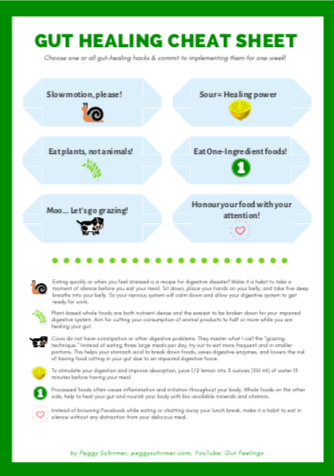
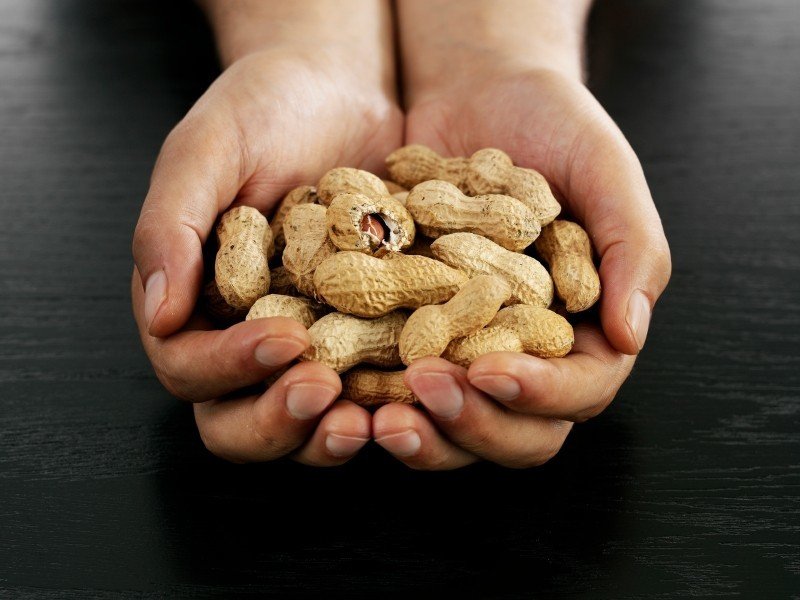
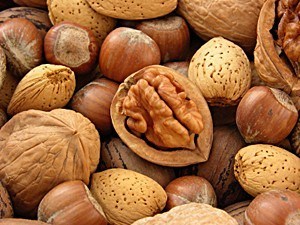
This content is amazing!